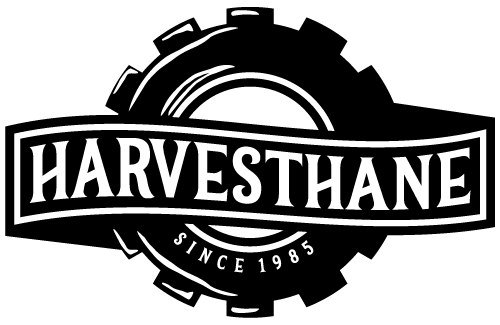In recent years, U.S.-based injection molding companies, like Molded Dimensions Group, have been able to leverage access to international mold-makers, opening opportunities that may not have been feasible or within budget if attempted domestically. Specialized, labor-intensive injection molds necessitate a high investment threshold, but utilizing off-shore sources makes this mark more attainable.
In order to present our customers the very best choices for their projects, Molded Dimensions Group makes use of mold-makers in both the U.S. and abroad. When finding a compatible mold-maker for a project, many factors are evaluated, including:
- Number, size, and complexity of the part(s) and the mold(s)
- Quality and dimensional requirements
- Type of plastic to be used in creating the part(s)
- Over-molding, insert, and texturing specifications
- Project lead-time requirements
After looking at these aspects of a project, its economics are also assessed, as items such as tariffs and shipping time will impact the project too.
At Molded Dimensions Group, we have learned that in certain scenarios, domestic mold-making can be more advantageous than selecting an off-shore option. When dimensional accuracy is extreme or exotic engineering resins are used, the logistics of mold adjustments or tool and part development are easier for domestic toolmakers. With overmolds or inserts, testing and fittings are optimized when conducted in domestic molding facilities. These shops can also provide the infrastructure needed to handle large molds, as larger tools often result in a greater price difference between U.S. and off-shore locations. Finally, when a long part life is required, it is easier to have refreshing and repair work completed domestically, ideally at the original mold-maker’s facility.
Access more articles in our Plastic Knowledge Center.



